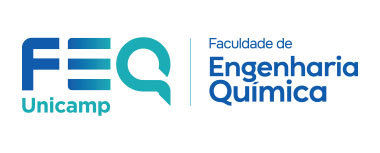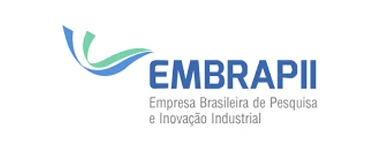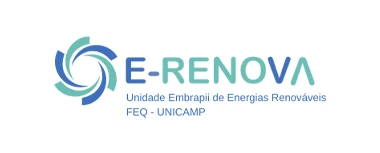The E-Renova Unit will be essential for the development of the country’s industrial policy with an emphasis on sustainability
Embrapii takes another significant step toward a sustainable future. A new unit, E-Renova, has been accredited at the State University of Campinas (Unicamp) with a focus on technological development in renewable energies. Located at the School of Chemical Engineering (FEQ Unicamp), it will have an initial investment of R$ 4.8 million and will be relevant for the development of the country’s industrial policy with an emphasis on sustainability.
The Embrapii E-Renova Unit focuses on creating new products and industrial processes from biomass, agro-industrial waste, and biofuels, especially those with high energy density, with the aim of enhancing Brazilian competitiveness focused on sustainability. According to the coordinator of the Unit, Rubens Maciel Filho, the role of this research center is promising and necessary, as “renewable energy and fuels, including biomass, are essential to contribute to the necessary decarbonization of the economy.”
The Unit is composed of renowned researchers with recognized experience in the field of energy and renewable fuels. “Our mission is to be an important vector of integration between the university, research centers, and companies to transform science and knowledge into technology useful for sustainable development,” says Maciel Filho.
Research to be developed at E-Renova will work, for example, on the production of biofuels from agro-industrial waste, including those from sugarcane, corn, and forestry generated by the pulp and paper industry. The sugar-corn-energy, industrial biotechnology, forestry, oil and gas, and renewable products and energy sectors can benefit from the intellectual capital and infrastructure provided by the Unit.
Innovation network
The Embrapii E-Renova Unit is not the first at Unicamp, where there is already the Center for Medicinal Chemistry Unit (CQMED), which works on the technological development of biopharmaceuticals and drugs with the industry. Together, the Units will strengthen the relationship between the university and companies, as well as attract new partnerships, including startups.
It is housed in a complex of facilities with 11,762 m² of built area, of which 6,000 m² are exclusively dedicated to research laboratories, including 15 different units available for research development. In the development of studies, the use of simulation tools for technical-economic evaluation and life cycle analysis and process safety is also planned, thus allowing an integrated view of the system, as well as computer-optimized and controlled operations.
With information from the Unicamp portal.







